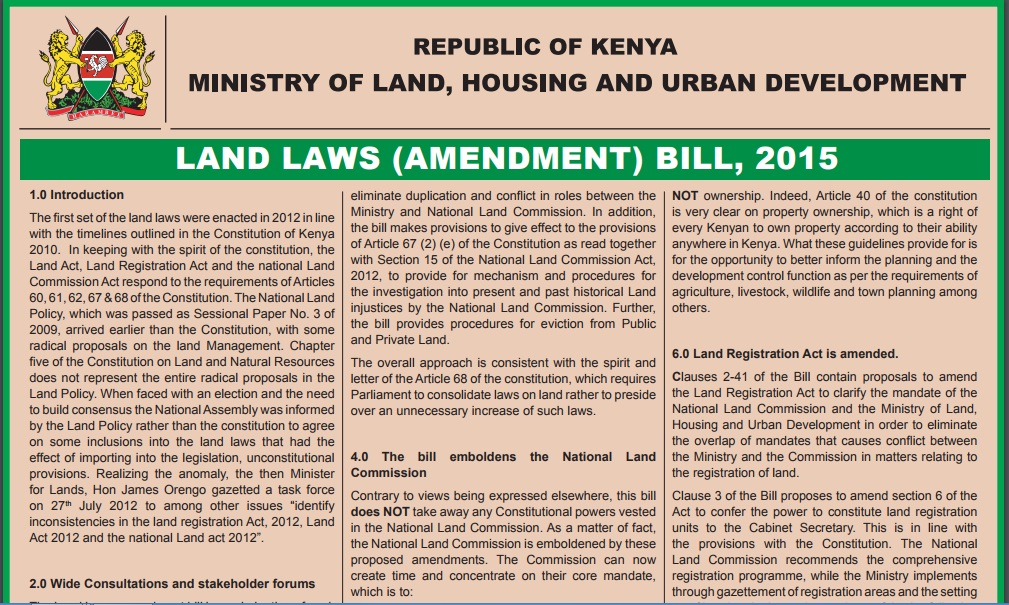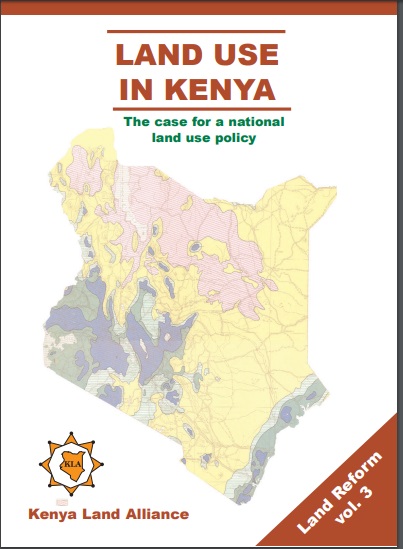The County Governments Act, 2012
COUNTY GOVERNMENTS ACT NO. 17 OF 2012
Date of assent: 24th July, 2012.
Date of commencement: See Section 1.
An Act of Parliament to give effect to Chapter Eleven of the Constitution; to provide for county governments' powers, functions and responsibilities to deliver services and for connected purpose







